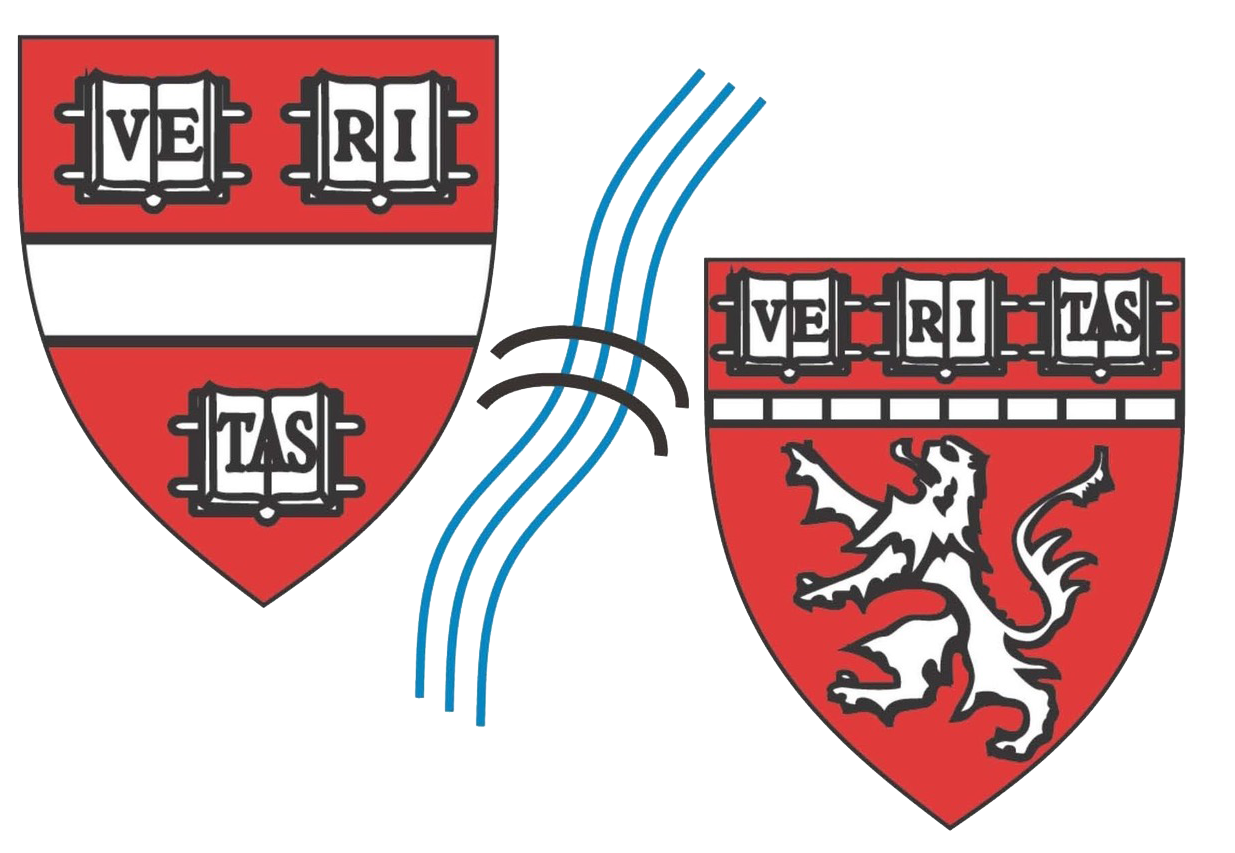David Pellman
Professor of Cell Biology, Harvard Medical School
Investigator, Howard Hughes Medical Institute

Our laboratory is interested in how cell cycle signals regulate chromosome segregation and polarized morphogenesis. Our experimental approaches include a combination of biochemical, genetic and live-cell imaging.
My group studies cell division and genome evolution. We have identified mutational processes that drive rapid genome evolution. Our work highlights the importance of the architecture and integrity of the nuclear envelope for maintaining the stability of the genome. These phenomena are particularly important for understanding the origins of complex cancer genomes, but the processes we study should have general relevance for organismal evolution. We have used a variety of approaches to address these questions which include, imaging, biochemistry, single molecule biophysics, and single cell genomics. Many current projects involve “Look-Seq”, an approach that we developed to combine long term live cell imaging, isolation of individual cells of. interest, and single cell whole genome sequencing or transcriptome analysis. These experiments involve computational genomic analysis.
One focus of the laboratory is on the mechanisms controlling the attachment of the mitotic spindle to the chromosomes and to polarized membrane sites. These processes require the interplay between specialized microtubule-binding proteins and microtubule-based motors. One important aspect of this project is quantitative in vivo imaging. New imaging methods may enable the modeling of processes such as the positioning of the mitotic spindle by the microtubule-based dynein motor. Another aspect of this project will be the establishment of in vitro systems to reconstitute features of these motility events.
A second area of interest is the mechanism of actin assembly by formins, a recently discovered nucleator of actin filament assembly. In yeast, linear structures called actin cables are crucial for cytokinesis and the establishment of cell polarity. We recently found that the assembly of actin cables, but not other actin structures, requires a conserved family of proteins called formins. Formins nucleate actin filaments in vitro. Formins are the only known cellular actin nucleators other than the Arp2/3 complex. Importantly, formins and the Arp2/3 complex drive the assembly of differently shaped actin filaments. This suggests a simple model of how differently shaped actin structures are formed in cells: different nucleators initiate differently shaped “building blocks” that are assembled into different structures. Based on a recently solved structure of an active formin, using both in vitro and in vivo approaches, we are characterizing the formin actin assembly mechanism.
Selected Publications:
Umbreit NT, Pellman D. Cancer biology: Genome jail-break triggers lockdown. Nature. 2017 Oct 4. doi: 10.1038/nature24146. [Epub ahead of print] PMID: 28976957.
Arellano-Santoyo H, Geyer EA, Stokasimov E, Chen GY, Su X, Hancock W, Rice LM, Pellman D. A Tubulin Binding Switch Underlies Kip3/Kinesin-8 Depolymerase Activity. Dev Cell. 2017 Jul 10;42(1): 37-51.e8. PMID: 28697331; PMCID: PMC5573156.
Li H, Mar BG, Zhang H, Puram RV, Vazquez F, Weir BA, Hahn WC, Ebert B, Pellman D. The EMT regulator ZEB2 is a novel dependency of human and murine acute myeloid leukemia. Blood. 2017 Jan 26;129(4):497-508. PMID: 27756750; PMCID: PMC5270388.
Gordon DJ, Motwani M, Pellman D. Modeling the initiation of Ewing sarcoma tumorigenesis in differentiating human embryonic stem cells. Oncogene. 2016 Jun 16;35(24):3092-102. PMID: 26455317; PMCID: PMC4829493.
Kwon M, Bagonis M, Danuser G, Pellman D. Direct Microtubule-Binding by Myosin-10 Orients Centrosomes toward Retraction Fibers and Subcortical Actin Clouds. Dev Cell. 2015 Aug 10;34(3):323-37. PMID: 26235048; PMCID: PMC4672950.
Contact Information
450 Brookline Avenue, Mayer Building, Room 612
Boston, MA 02115
